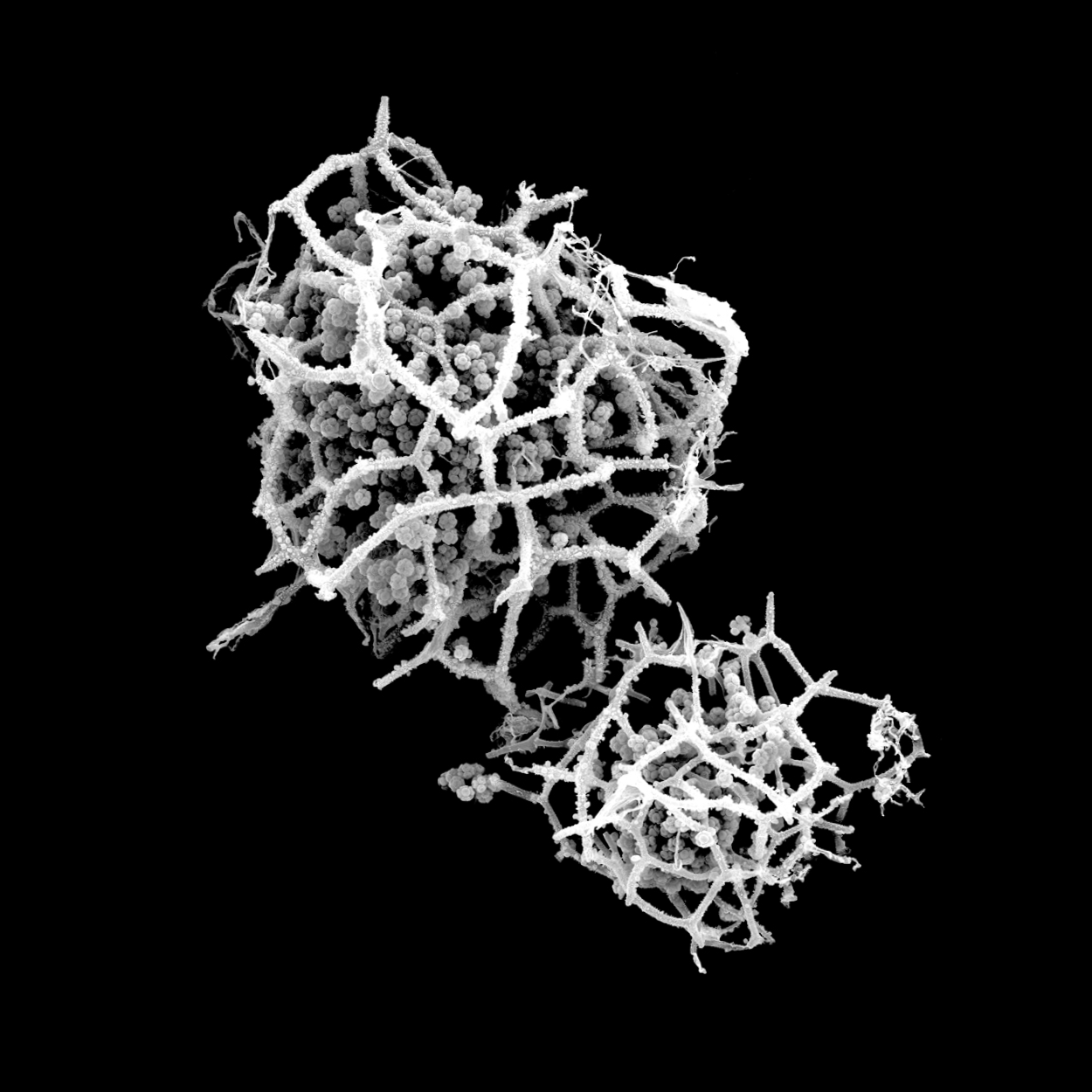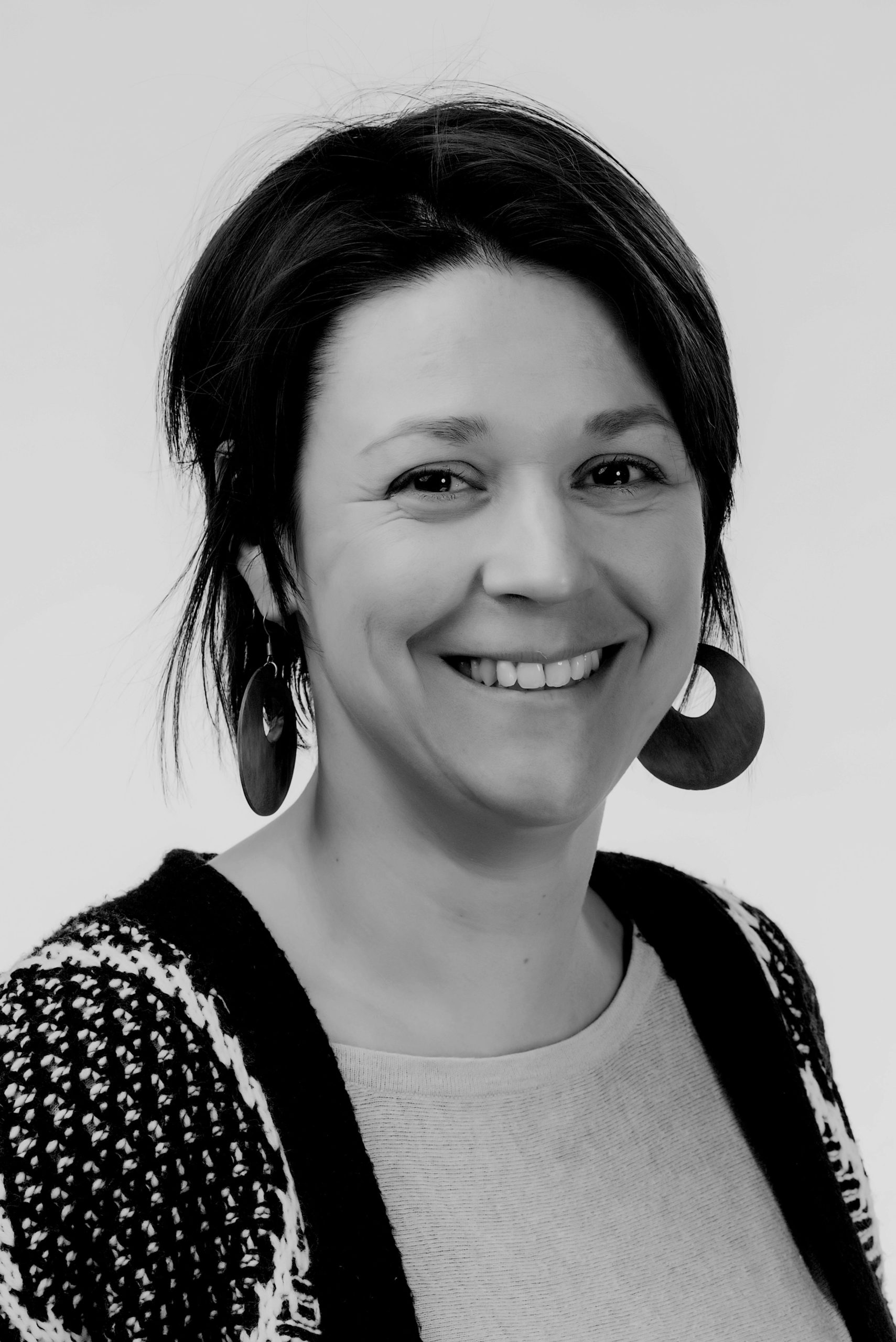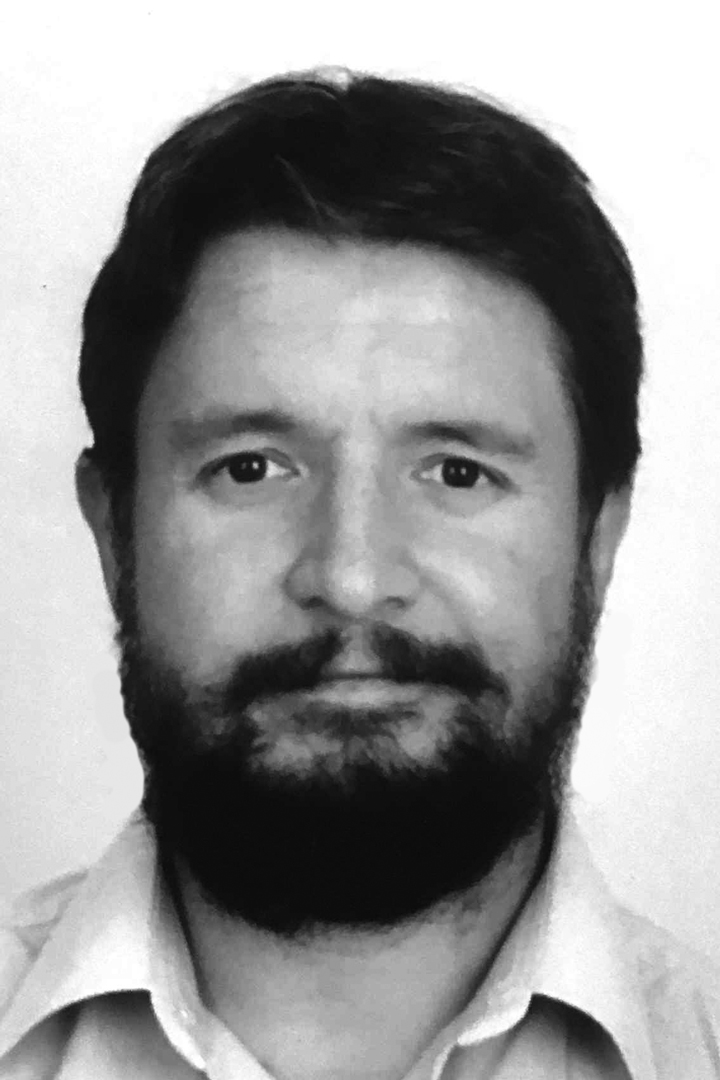ISHAM Onygenales Working Group
We are worldwide network of professionals and students who are creating a platform for free exchange of ideas and research results. We bring together scientists, clinicians and others connected by their common interests on diverse aspects of research in dermatophytes, dimorphic and keratinophilic fungi.
Mutual exchange of basic and applied research data on this platform helps to accelerate the further development of results into application.
Advances in the research and future directions/priorities are shared continuously among WG members and discussed with broader scientific community during our bi-annual workshops.

SUBSCRIBE for NEWSLETTER
RESEARCH FIELDS & OBJECTIVES
EDUCATION & TRANSLATION RESEARCH
– activities of the WG support both the education and training of mycologists at all stages of their careers
– we aim to motivate clinicians and researchers to incorporate basic research advances in their work, and vice versa we reflect current demands of applied research in the basic research directions
TAXONOMY & PHYLOGENY
– to revise the taxonomy of the order Onygenales (species and higher-level taxonomy) based on the multiple-gene phylogenies and new nomenclature rules
– to resolve the species boundaries and population genetic structure in complexes of critically important pathogens
VIRULENCE & PATHOGENESIS
– to promote investigations focused on the development and improvement of currently available experimental models for studying pathogenic mechanisms in dermatophytes and dimorphic fungi
– to uncover new virulence factors and genes involved in pathogenesis, which could serve as potential targets for antifungal drug discovery
– to improve our knowledge on the host response against dermatophytosis and fungal-host interactions in general
OMICs TECHNOLOGIES
– to implement the Whole Genome Sequencing and other OMICs technologies into various aspects of research including taxonomic classification, virulence and drug resistance
RAPID DIAGNOSTIC TOOLS
– to work towards forming a consensus on standard PCR-based diagnostic methodology that would be able to complement or even replace the current diagnostic standards
– to improve existing and/or develop new rapid diagnostic tools (e.g., MALDI-TOF-MS, PCR probes) for detection of less common and emerging pathogens
ANTIFUNGAL RESISTANCE
– to monitor increasing antifungal resistance in dermatophytes and molecular mechanisms involved in this process
– to propose suitable preventive measures to minimize global spread of resistance
– to raise awareness of antifungal resistance in dermatophytes among the clinicians, and coordinate interventions to monitor and direct the appropriate use of antifungal agents
– to promote antifungal susceptibility testing in dermatophytes and dimorphic fungi with the use of appropriate methodologies
DATABASING & SURVEILLANCE
– to build a curated database with sequence and population genetic markers representing the global diversity of dermatophytes and dimorphic fungi (epidemiological surveillance of infections, taxonomic and population genetic purposes)
– to start registering the contemporary data about geographic distributions of pathogens and their reservoirs (environmental sources/ hosts), and local epidemiological data, thus paving the way for a future systematic work on global epidemiology
PRESERVATION & ACCESSIBILITY
– to promote preservation of fungal strains in international culture collections and make them available to the international scientific community, hence encouraging further researches
– to expand the re-sampling of fungal culture collections and archived paraffin tissues to get some knowledge about the etiology of infections in the past
– to create an educational representative set of strains of pathogenic species (including uncommon agents) available at low- or no-cost for frontline laboratories and research institutions
SELECTED ACHIEVEMENTS
A special issue of the Mycopathologia journal entitled “Human and animal pathogens of Onygenales” with 18 articles was published in February 2020 (Editors: S. de Hoog, M. Teixeira & V Chaturvedi) CONTENT
A two-day workshop “Onygenales: Dermatophytes and Systemic Fungi” was organised in Amsterdam before the 20th ISHAM Congress (28-29th June, 2018)
A special issue of the Mycopathologia journal entitled “Dermatophytes and Dermatophytoses” with 23 articles was published in February 2017 (Editors: J. P. Bouchara, B. Mignon & V. Chaturvedi) CONTENT
A workshop “Developments in Fundamental and Clinical Aspects of Dermatophytes” was held at the CBS in Utrecht, The Netherlands (29-30th October, 2016)
A workshop session “Dermatological infections” was organised at the 19th ISHAM Congress in Melbourne, Australia (May 2015)





